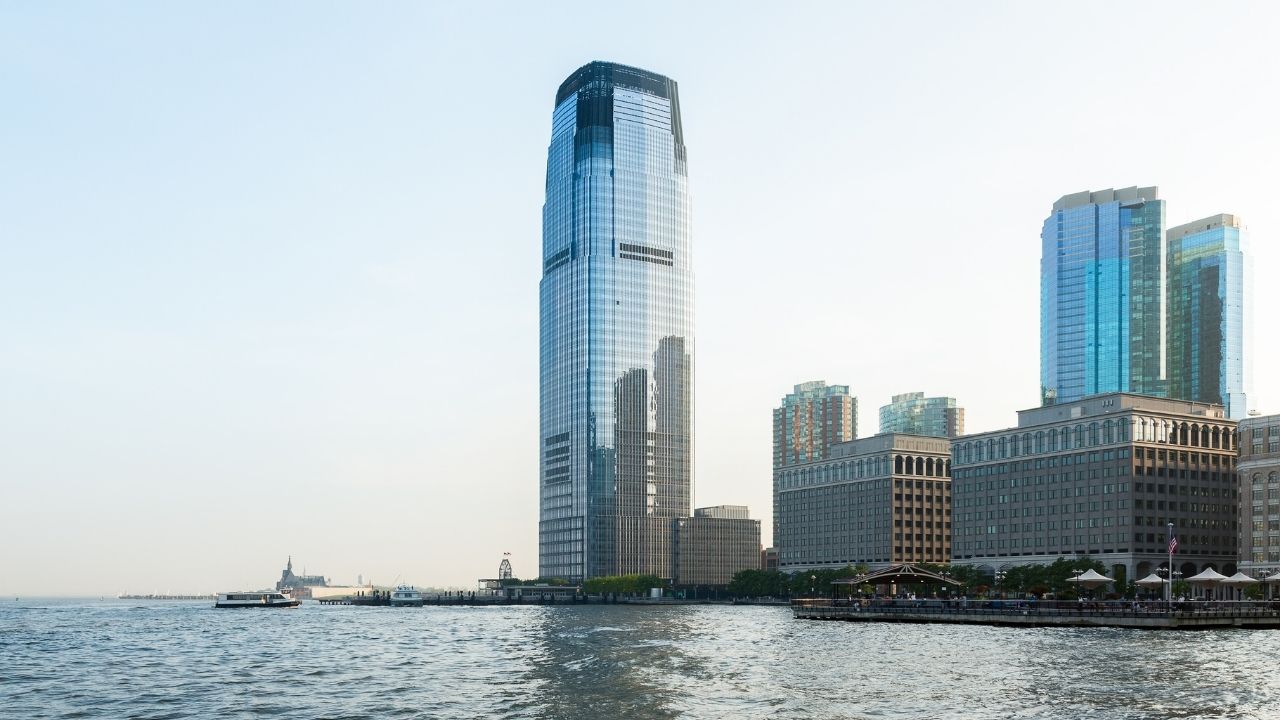The pre-pandemic workplace is nearly unrecognizable to a society that has experienced a one-in-a-lifetime health crisis.
Now that many places around the world are lifting their pandemic-era restrictions, office activity is growing. However, desks are still largely empty as employees continue working from home for at least part of the week.
Flexible and hybrid working are here to stay, and leaders that have long opposed these arrangements are in for a rude awakening, especially as recent research from the Future Forum shows that 68% of knowledge workers prefer a hybrid model.
“Everybody really did have an expectation that it would all go back to normal. And I think now is a dawning realization that it isn’t,” said Julia Hobsbawm, author of “The Nowhere Office: Reinventing Work and the Workplace of the Future.”
One such firm remaining adamant about the need for in-person work is Goldman Sachs, whose CEO David Solomon infamously referred to remote working as “an aberration.”
Other banking firms have loosened their traditional workplace strategies, with JPMorgan Chase predicting staffers to be in the office for part of the week.
Companies that force employees back into the office without concrete reasoning may soon be victims of the Great Resignation. There has been a shift in power within the workplace, and employees unsatisfied with their benefits and offerings have become encouraged to look for new employment.
Although the shift to a more flexible workplace is bound to hurt some commercial real estate endeavors in the future, the benefits and impact on the global economy may outweigh any downside.
“I absolutely have sympathy with Goldman Sachs and any organization trying to balance what it needs to do on a daily basis,” said Hobsbawm. “But what I would say to all the business leaders and policymakers is please, take a look around you. Please read the room.”



 Dr. Gleb Tsipursky – The Office Whisperer
Dr. Gleb Tsipursky – The Office Whisperer Nirit Cohen – WorkFutures
Nirit Cohen – WorkFutures Angela Howard – Culture Expert
Angela Howard – Culture Expert Drew Jones – Design & Innovation
Drew Jones – Design & Innovation Jonathan Price – CRE & Flex Expert
Jonathan Price – CRE & Flex Expert












